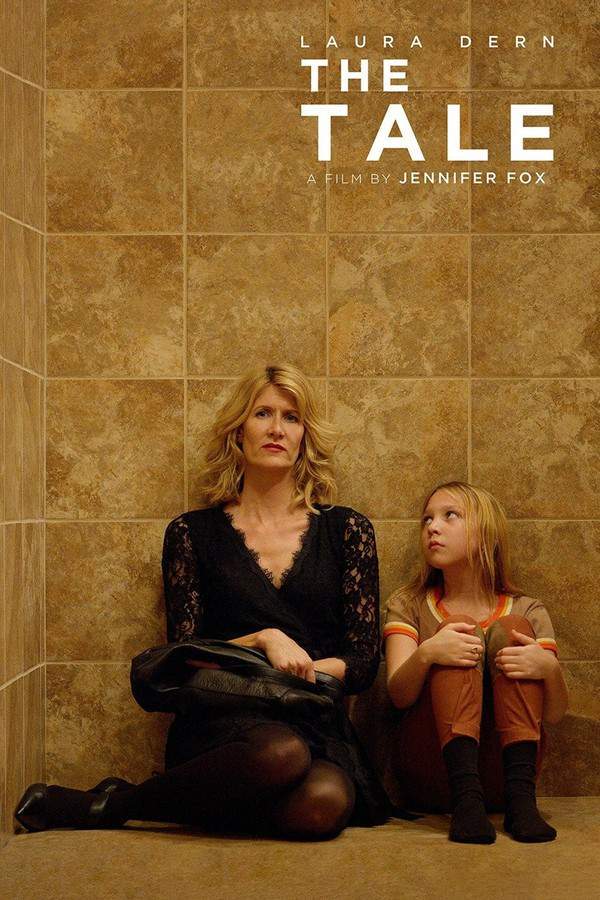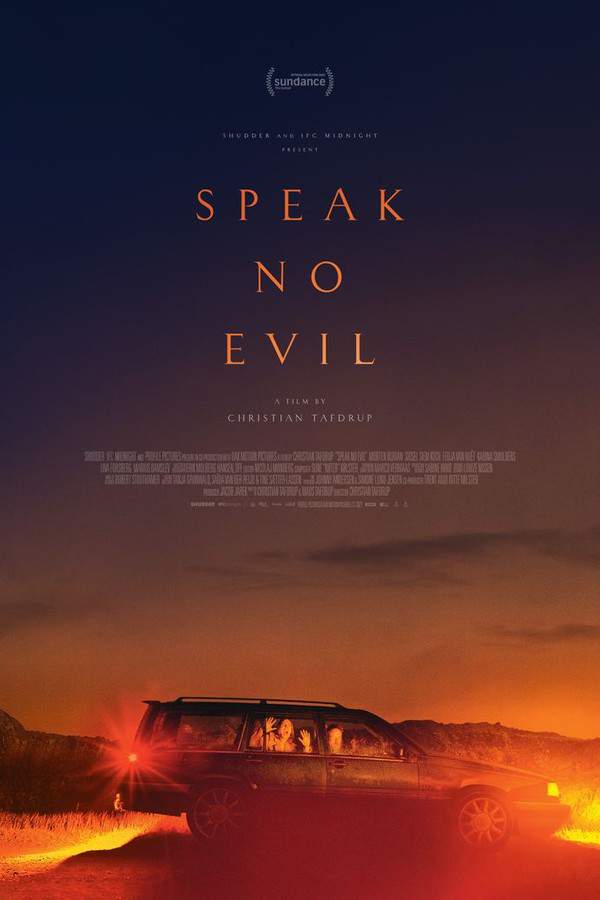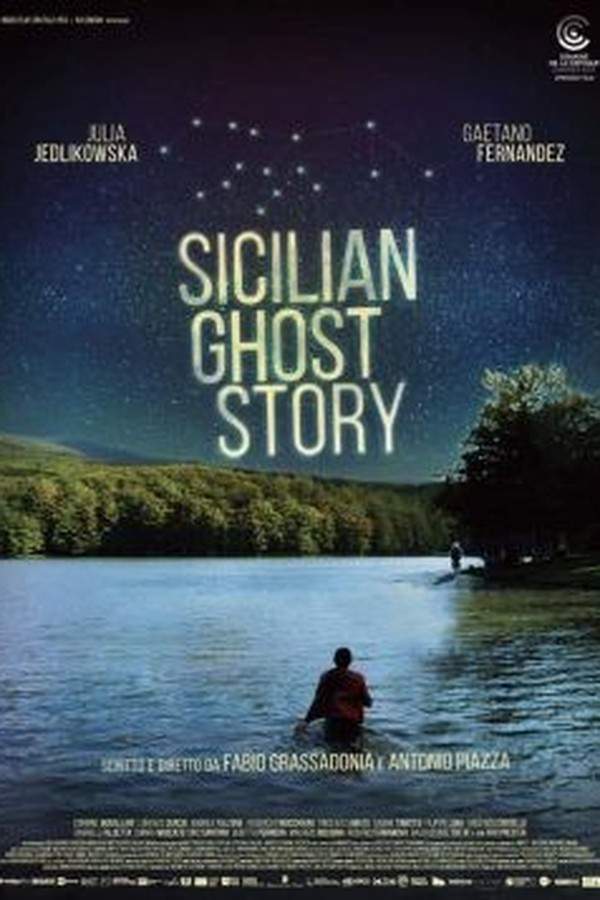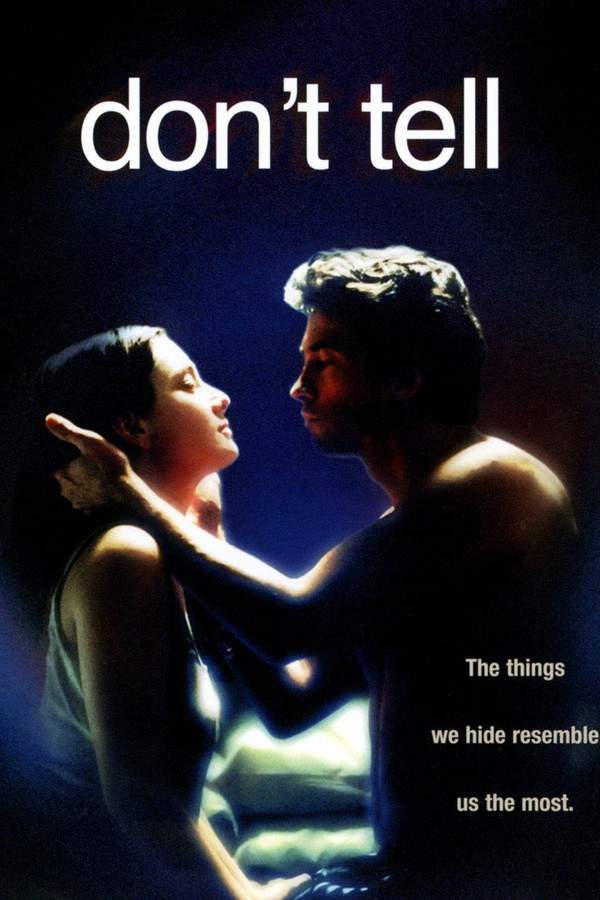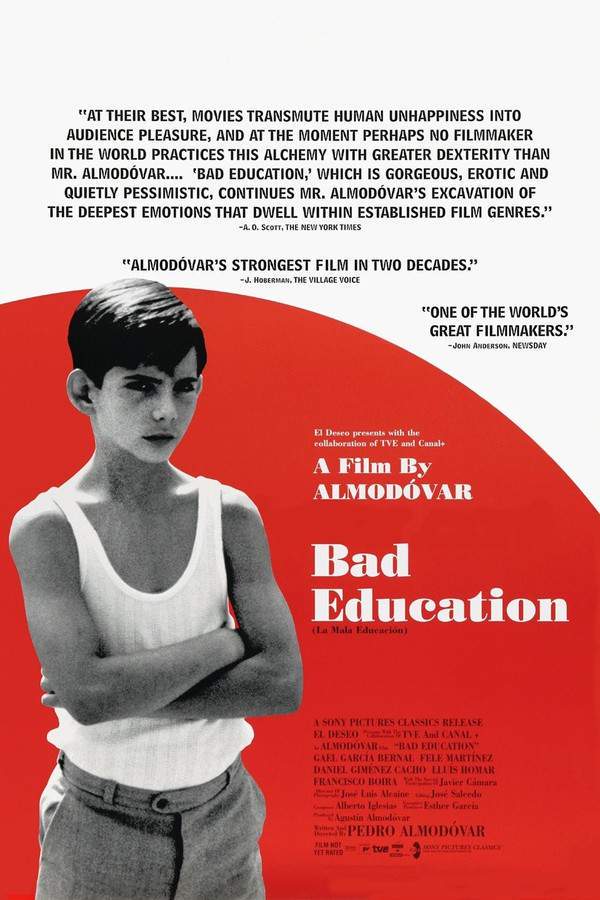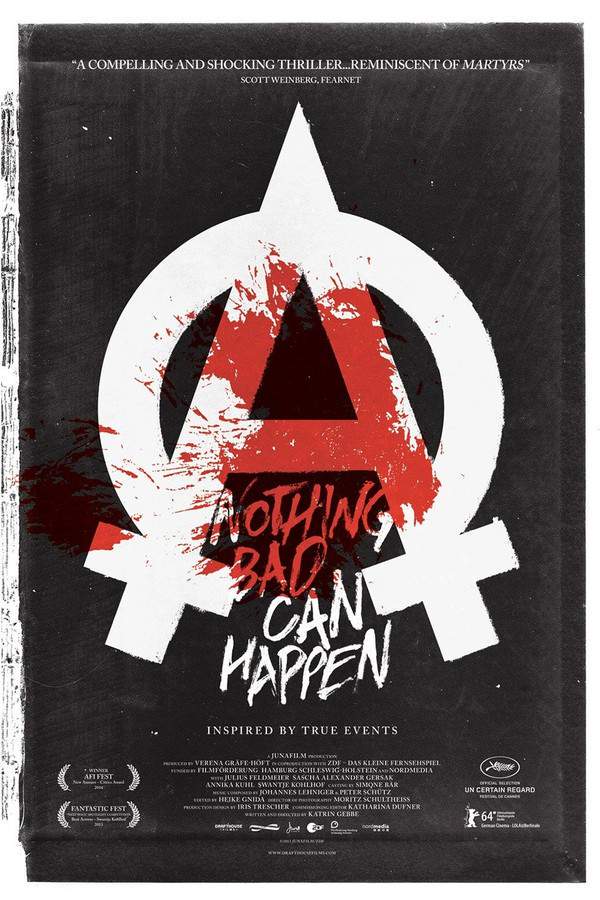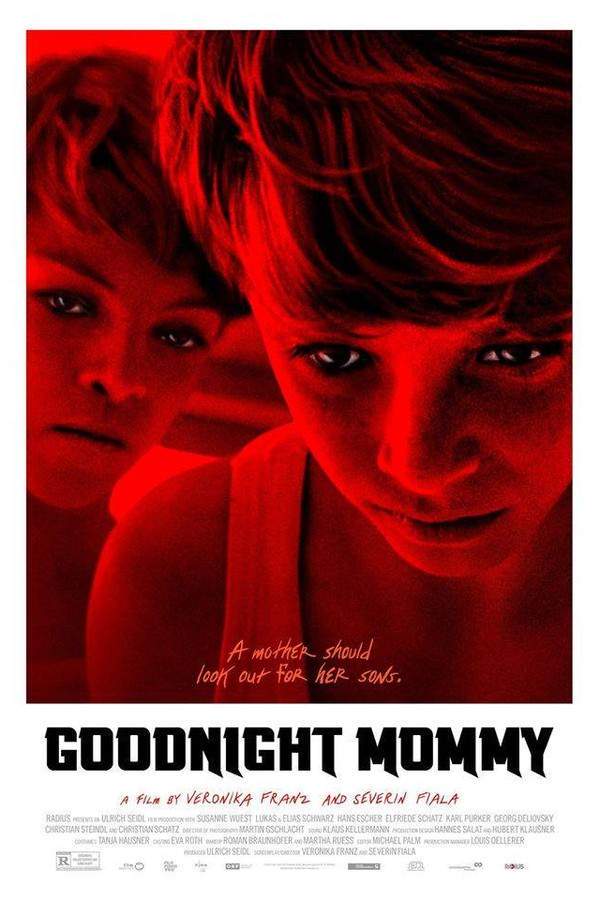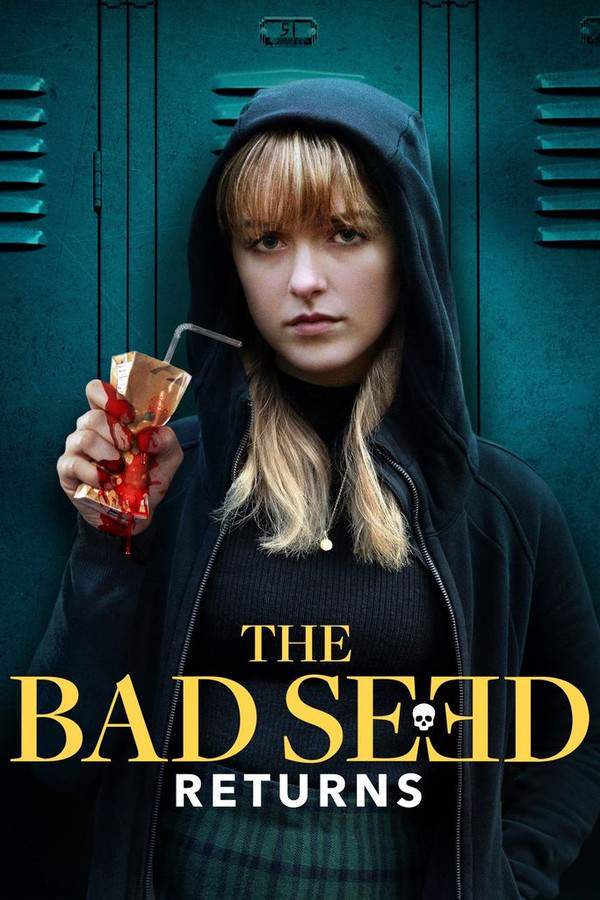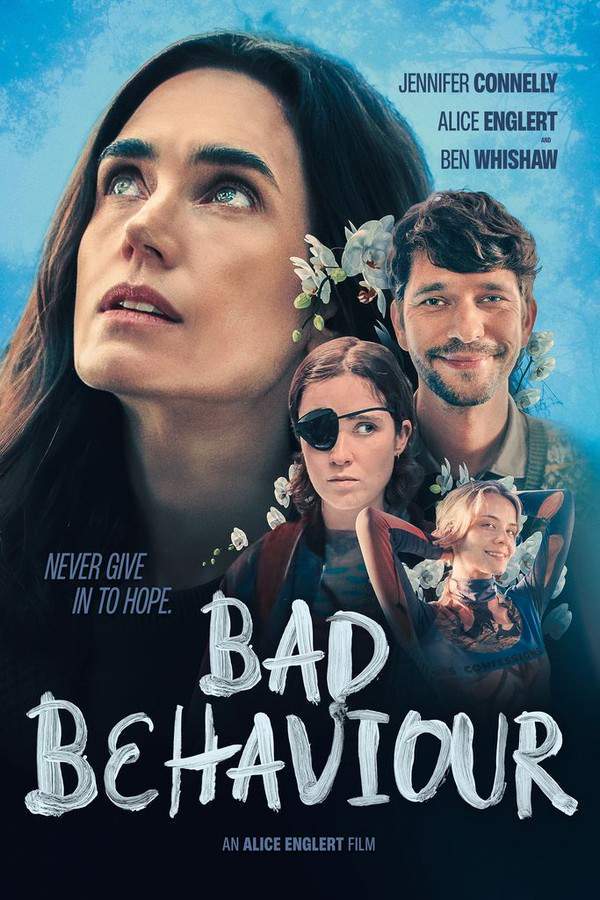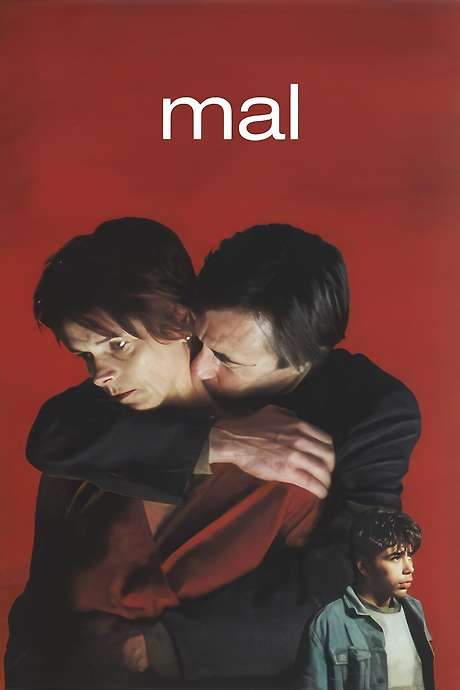Bad Tales 2021
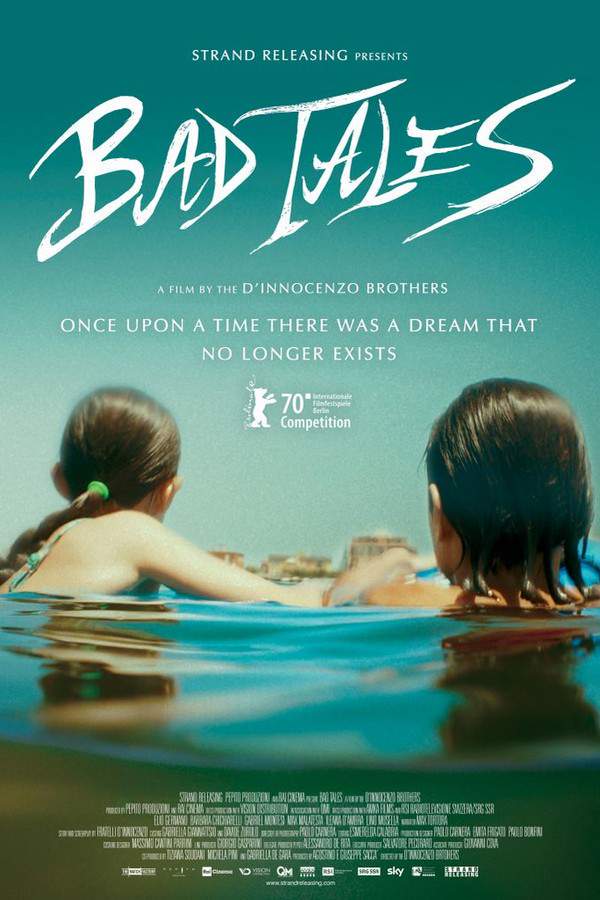
During a summer in a Rome suburb, a seemingly peaceful community masks deeper issues. Behind closed doors, families struggle with domineering parents, emotional distance, and a general lack of connection. The children, feeling ignored and misunderstood, harbor resentment that eventually erupts, exposing the fragility of the families and leading to dramatic and far-reaching consequences for everyone involved.
Does Bad Tales have end credit scenes?
No!
Bad Tales does not have end credit scenes. You can leave when the credits roll.
Meet the Full Cast and Actors of Bad Tales
Explore the complete cast of Bad Tales, including both lead and supporting actors. Learn who plays each character, discover their past roles and achievements, and find out what makes this ensemble cast stand out in the world of film and television.

Justin Korovkin
Geremia

Elio Germano
Bruno, Dalila's husband

Max Malatesta
Pietro, Susanna's husband

Lino Musella
Bernardini, teacher

Aldo Ottobrino
Padre di, father of Ada

Barbara Chichiarelli
Dalila, Bruno's wife

Gabriel Montesi
Amelio, Geremia's father

Giulietta Rebeggiani
Alessia, Bruno and Dalila's daughter

Ileana D'Ambra
Vilma

Tommaso Di Cola
Dennis, Bruno and Dalila's son
External Links and Streaming Options
Discover where to watch Bad Tales online, including streaming platforms, rental options, and official sources. Compare reviews, ratings, and in-depth movie information across sites like IMDb, TMDb, Wikipedia or Rotten Tomatoes.
Ratings and Reviews for Bad Tales
See how Bad Tales is rated across major platforms like IMDb, Metacritic, and TMDb. Compare audience scores and critic reviews to understand where Bad Tales stands among top-rated movies in its genre.

The Movie Echo Score
Bad Tales presents a stark, visually striking portrait of familial neglect, buoyed by strong ensemble performances and bold cinematic choices, yet its narrative coherence falters, leaving viewers with an opaque message. Critics commend the film’s inventive direction and atmospheric tension, while many note uneven storytelling and limited emotional payoff. Consequently, the work offers a compelling but uneven experience that rewards a single viewing more than repeated ones.
The Movie Echo Score Breakdown for Bad Tales

Art & Craft
Visually, Bad Tales excels through meticulous composition and a restrained color palette that heightens its bleak atmosphere. Critics repeatedly praise the cinematography as superbly shot and the film’s inventive visual style, while Variety’s comment on style over substance does not diminish the technical craftsmanship. The direction maintains a disciplined aesthetic, resulting in a striking visual identity that anchors the film.

Character & Emotion
When evaluating performances, the ensemble is frequently described as visceral and vividly acting, delivering moments of genuine tension. Positive notes highlight well‑developed characters and sustained intrigue, whereas detractors point to a lack of emotional catharsis and under‑developed character motivations. This division yields a nuanced picture: strong acting prowess is occasionally undermined by shallow emotional depth.

Story & Flow
In terms of narrative, the film’s ambition is evident but its execution is uneven. Critics note a compelling premise hampered by confusing plot structure, opaque symbolism, and insufficient exposition, leading to an underdeveloped storyline. While some applaud its originality and daring themes, the overall coherence suffers, leaving audiences uncertain about the intended message.

Sensory Experience
The auditory landscape receives mixed reactions: the visual style is lauded for its stark composition, yet the sound design is criticized for overwhelming ambient noise that obscures dialogue, especially for non‑native viewers. This contrast creates a sensory dissonance, where striking images are paired with a muddied acoustic experience, diminishing overall immersion.

Rewatch Factor
Rewatch potential is limited by the film’s narrative opacity and uneven emotional payoff, which may diminish curiosity on subsequent viewings. While its visual daring and occasional moments of tension can intrigue repeat audiences, the lack of clear resolution and mixed sensory experience reduce its lasting appeal, making it more of a singular, impactful encounter than a repeatedly enjoyable one.

60
Metascore
tbd
User Score


47%
TOMATOMETER

61%
User Score

6.4 /10
IMDb Rating

67
%
User Score

3.3
From 36 fan ratings
Take the Ultimate Bad Tales Movie Quiz
Challenge your knowledge of Bad Tales with this fun and interactive movie quiz. Test yourself on key plot points, iconic characters, hidden details, and memorable moments to see how well you really know the film.
Bad Tales Quiz: Test your knowledge of the darkly surreal world of Bad Tales.
What unusual object serves as the source material for the film's narrative?
A photograph album
A collection of letters
A discarded diary
A cassette tape
Show hint
Full Plot Summary and Ending Explained for Bad Tales
Read the complete plot summary of Bad Tales, including all major events, twists, and the full ending explained in detail. Explore key characters, themes, hidden meanings, and everything you need to understand the story from beginning to end.
This film presents a dark and surreal narrative, allegedly inspired by entries found in a young girl’s discarded diary. The authenticity of these diary entries remains questionable, creating an air of mystery. The story unfolds through a series of brief, two-minute vignettes that collectively dive into the unsettling lives of families living in a seemingly modern suburb.
Within this suburb, families are raising pubescent children, ranging from the ages of 8 to 13. These kids are unnervingly aware of the adult world, largely due to the crude behavior and deplorable antics of their parents, who openly indulge in foul language and unfiltered conversations in front of their impressionable offspring. One especially irresponsible father teaches his 12-year-old son, portrayed by Justin Korovkin, to drive their dilapidated car, offers him condoms, and even allows him to drink beer.
The film delves into the lives of a small group of children who recognize the despair surrounding their parents. Under the influence of a deranged school teacher, played by Lino Musella, they learn to create two crude yet dangerous homemade bombs. They also acquire knowledge on where to obtain inexpensive insecticides, which contain a toxic poison that affects the nervous system.
Though the bombs are discovered before they can be detonated, the film’s dark themes persist. Ultimately, the story culminates in the father and son escaping their humdrum existence, while some of the other children left behind in the suburb tragically turn to suicide. The narrative acknowledges its roots, reminding us that the harrowing events that conclude this somber tale are drawn from the pages of a young girl’s diary, leaving us to ponder the truth behind her words.
Uncover the Details: Timeline, Characters, Themes, and Beyond!

Coming soon on iOS and Android
The Plot Explained Mobile App
From blockbusters to hidden gems — dive into movie stories anytime, anywhere. Save your favorites, discover plots faster, and never miss a twist again.
Sign up to be the first to know when we launch. Your email stays private — always.
Watch Trailers, Clips & Behind-the-Scenes for Bad Tales
Watch official trailers, exclusive clips, cast interviews, and behind-the-scenes footage from Bad Tales. Dive deeper into the making of the film, its standout moments, and key production insights.
Bad Tales Themes and Keywords
Discover the central themes, ideas, and keywords that define the movie’s story, tone, and message. Analyze the film’s deeper meanings, genre influences, and recurring concepts.
Bad Tales Other Names and Titles
Explore the various alternative titles, translations, and other names used for Bad Tales across different regions and languages. Understand how the film is marketed and recognized worldwide.
Similar Movies To Bad Tales You Should Know About
Browse a curated list of movies similar in genre, tone, characters, or story structure. Discover new titles like the one you're watching, perfect for fans of related plots, vibes, or cinematic styles.
Quick Links: Summary, Cast, Ratings, More

What's After the Movie?
Not sure whether to stay after the credits? Find out!
Explore Our Movie Platform
New Movie Releases (2025)
Famous Movie Actors
Top Film Production Studios
Movie Plot Summaries & Endings
Major Movie Awards & Winners
Best Concert Films & Music Documentaries
Movie Collections and Curated Lists
© 2025 What's After the Movie. All rights reserved.












